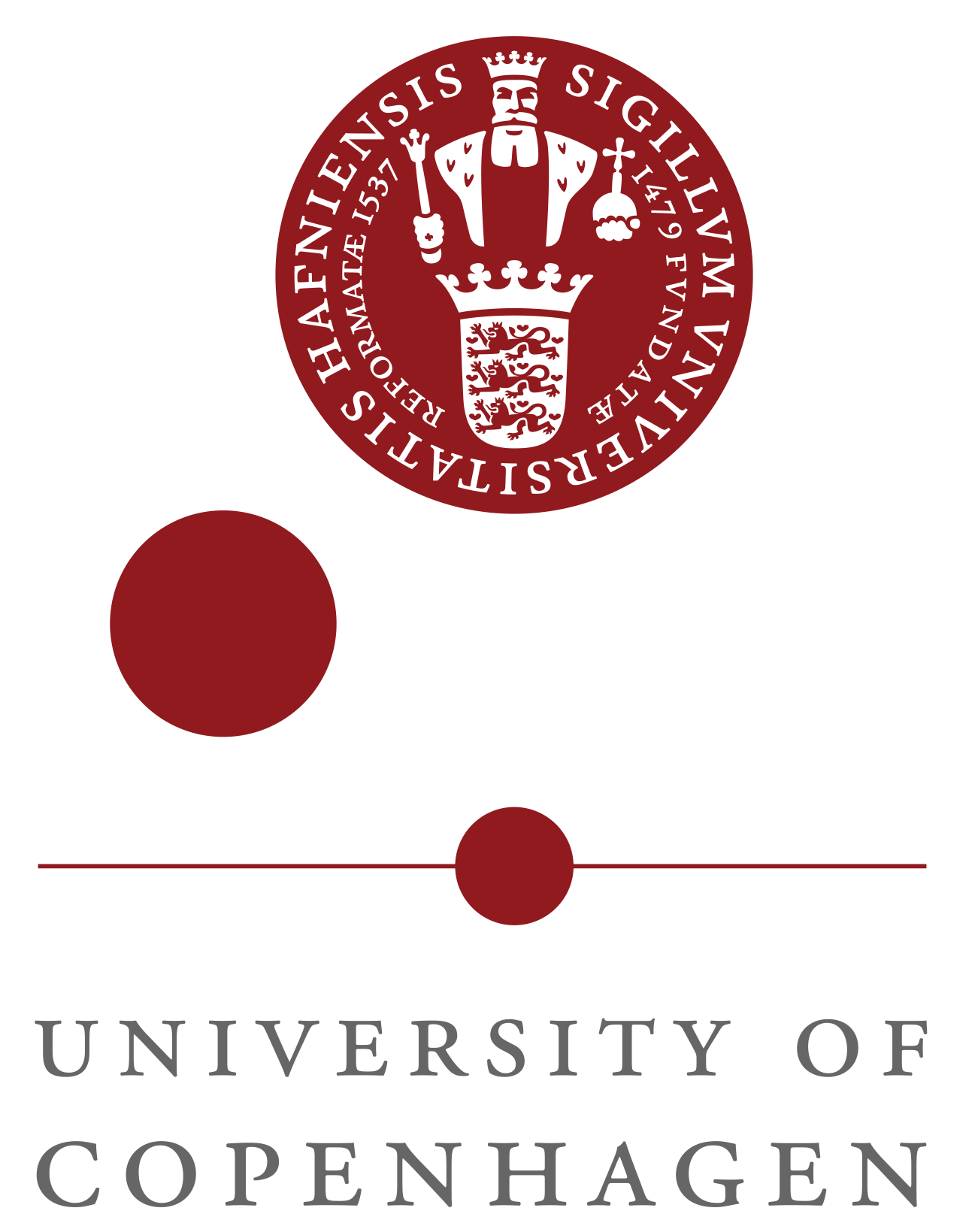(Source: University of Copenhagen)
We learned of 3-4 fully funded PhD scholarships
and 3 fully-funded Postdoc positions at the University of Copenhagen (Centre
for Privacy Studies – PRIVACY).
Centre for Privacy Studies (PRIVACY), funded by
the Danish National Research Foundation and based in Copenhagen, advertises 3-4
fully funded PhD positions within the fields of Architectural History, Church
History, Legal History and History. PRIVACY is established with a grant of 50
mio DKK (ca. 6.7 mio Euro) from the Danish National Research Foundation and
based at the University of Copenhagen.
PRIVACY was launched in the autumn of 2017
under the direction of Professor Mette Birkedal Bruun and runs for six years
with the possibility of a four-year extension. It is hosted by the Department
of Church History at the Faculty of Theology, University of Copenhagen, in
association with the Faculty of Law, University of Copenhagen and the School
of Architecture, Royal Danish Academy of Fine Arts, Schools of Architecture,
Design and Conservations (KADK), Copenhagen.
The PRIVACY research team currently consists of
six postdocs and three PhD-students as well as affiliated and visiting
scholars.
The Centre
PRIVACY is dedicated to interdisciplinary and
collaborative research into notions of privacy in Early Modern Europe. It
focuses on eleven cases from Denmark, England, France, Germany and the
Netherlands in the period 1500–1800. The collaborative programme is driven by
an interdisciplinary vision of an integrated approach in which a team of
scholars collaborate, challenge and inspire each other in a joint pursuit of
the legislative, religious, social, cultural and architectural aspects of a
shared set of cases. Shared responsibility across academic hierarchies is a
token of PRIVACY’s vision for interactive research education.
The aim of PRIVACY is to develop 1)
systematized historical knowledge of dynamics that shape, induce or curb
privacy in society; 2) an interdisciplinary method equipped to grasp such
dynamics; and 3) a strong and vibrant international research environment
dedicated to high-profile historical research and equipped to incite a much
broader investigation of privacy.
PRIVACY’s scholarly potency stems from its
site-based interdisciplinary analysis. Across eleven cases the research team
will trawl Early Modern material: letters, laws, political manuals, newspapers,
sermons, visual representations, architectural drawings, buildings, diaries,
contracts, community records etc. for notions of privacy, analysing the
deployment of words with the root ‘priv-ʼ: in privato, privy,
Privat-(person/andacht etc.), privauté etc. as well
as boundaries drawn in relation to, e.g., confidentiality, security, family,
body, self. The research programme is based on a joint interdisciplinary focus
on, e.g., legislative thresholds between home and community; decrees
regarding individuals’ bodies, e.g., during epidemics, or the idea of the
household’s (oeconomia) impact on civic well-being (politia);
ecclesiastical and political power over ‘heretical’ mindsets; and
architectural demarcation of the household in the community and the
individuals’ place in a household.
PhD students funded by PRIVACY are required to
formulate a PhD project within one of the PRIVACY cases and to join an
additional case-team. For this round of recruitment, we invite applications
focusing on the German cases as well as La Rochelle, Chatsworth, Glasgow and
Arc-et-Senans.


No comments:
Post a Comment
Note: Only a member of this blog may post a comment.